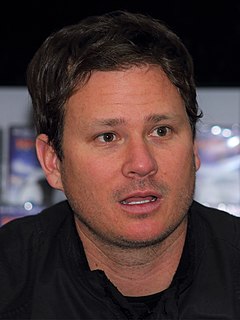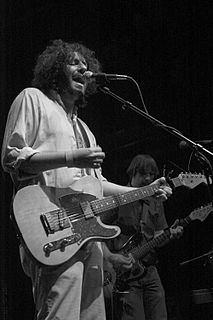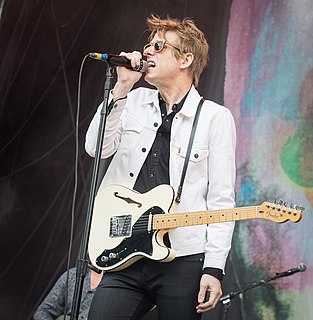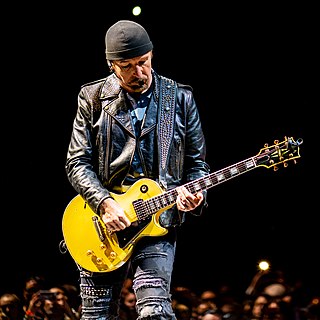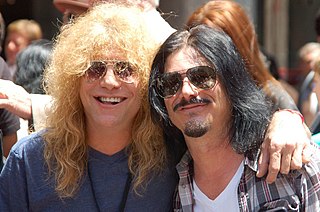A Quote by Steve Albini
I do not want and will not take a royalty on any record I record. I think paying a royalty to a producer or engineer is ethically indefensible. The band write the songs. The band play the music. It's the band's fans who buy the records. The band is responsible for whether it's a great record or a horrible record. Royalties belong to the band. I would like to be paid like a plumber. I do the job and you pay me what it's worth.
Related Quotes
You know, if a band on a label sold a few hundred thousand copies of their record these days, they wouldn't make any money. But if a band can pump out 10 million copies of a record for free, and 50,000 of those fans come to the band's website to watch pay-per-view videos or buy a t-shirt, that's roughly $10 million in revenue per year.
The decision to change the name meant we were getting serious, because we couldn't make a record if some other band had the same name as us.
I told the boys I was in a record store, thumbing though 45s, and I'd seen a record with the name the Warlocks on it. I've often wondered whether I hallucinated it, because I never saw the record again and I never heard a word about any band called the Warlocks.
I certainly didn't predict people who spent years actively disliking the band to all of a sudden like the band. That's pretty funny to me, and it makes playing live kind of interesting, 'cos we're doing lots of things that don't really have a lot to do with that record, and even presenting the songs off that record in a way that's a little more muscular and without as much of the sheen, which is what I think part of what people really liked [about Kaputt].
The nature of music fandom and music fans is that, very often, they fall in love with a band or a particular artist, and they really would like... I'm talking generally; that's not everyone. But a vast majority of the fan base would prefer the band to keep making the same record and the same style of music over and over again.
Starting a band is the easy part. Once you've formed the band, you have to tell a story, and that story requires songs. And not just good songs, but great songs. After a while, great songs won't do - they have to be the best. Success doesn't make it any easier. Each time I start a new record, it's a brand-new search.
I enjoy making music alone, and I like keeping my options open for how I release my own songs. But everybody in Grizzly Bear is full of ideas. So it's kind of boring to come to the band with a complete song and be like: "Here's what I want you to do." With this record, we wanted to make everything feel like everyone - music that we could never do on our own. That's a real gift, and it's one of the best things about being in a band like this.

